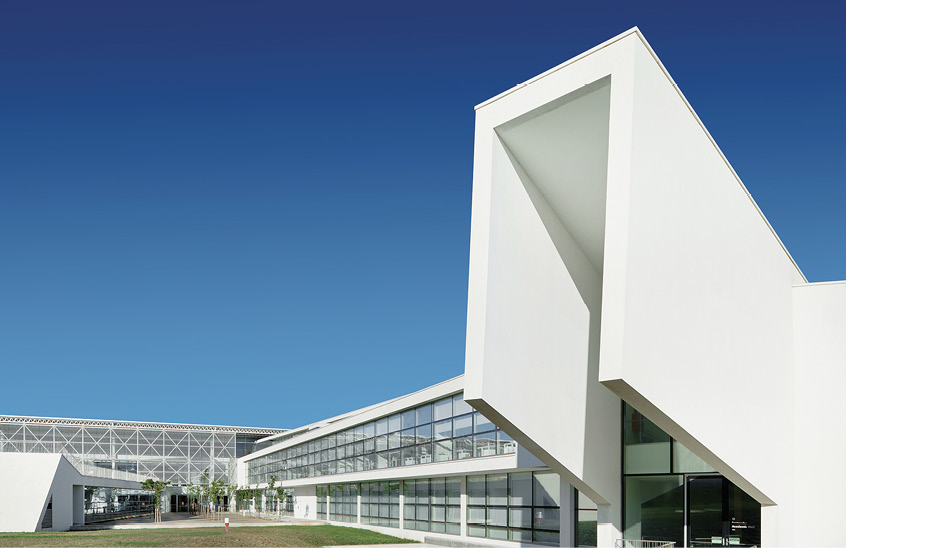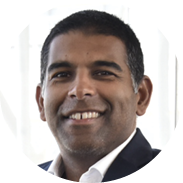Daniel Traça, Director of Nova School of Business and Economics (Nova SBE)
The relevance of university education with widespread access for the economic and social development of nations has been taken for granted for almost a century. The increase in the number of people taking degrees in university institutions, including those whose age has already exceeded their normal education time is part of the process of modern economic growth.
In Portugal, the most recent decades witnessed huge progress in this regard. Thanks to the growing efforts by both the state and families, university attendance has thus skyrocketed. According to Pordata, the percentage of young people between the ages of thirty and thirty-four with complete higher education increased from 11.1% in 2000 to 36.2% in 2019. If we look at the population between 15 and 64 years old, such growth is 7.5% to 22.8%, in the same period. The number of PhDs per hundred thousand inhabitants rose from 8.3 in 2000 to 28.7 in 2015.
Portugal is therefore on a path to success in higher education. The expectation is that, after unlocking other factors hindering the economic development of the country, the investment made in university education will generate multiplier effects in the economy that will take their time to materialise.
However, as in almost everything we are going through in this 21st century, the image of success is ephemeral and the disruption created by shocks in technology, globalization and sustainability requires a quick adjustment from both the system and higher education institutions. The difficulty in responding to a symbiotic generation with technology and social media, and in developing their skills for a career in companies facing huge challenges of huge size, complexity, uncertainty and volatility, is something new and requires renovation and innovation from Portuguese universities.
The challenges are huge. However, let me present five clues to this renovation: First, the focus on impact. Science that has been predominant in university for many years has focused on purism and on the search for truth. The space of methodological rigour that is necessary to achieve scientific progress became an ivory tower where researchers protect themselves from reality. This model is being challenged. The funding that is required and the urgency of the challenges that need to be solved require that research and education developed in universities become increasingly closer to the changes and progress in the human societies they are there to contribute to.
Second, opening up to society. The change that will define our future will come at a dizzying speed. This is perhaps the big difference in current times. The digital challenge is not more complex and transformative than that of electrification, for example, but its disruptive effects are felt, and will be felt much less gradually. In order to respond to this rapid change, societies have to work together, harmoniously and with humility, so they may learn from each other. Universities should be closer to their external stakeholders (companies, associations, foundations, public entities), in order to understand their needs and listen to their suggestions, thus being granted greater capacity for both intervention and impact.
Third, interdisciplinarity. One of the harmful effects to the development of science was the creation of knowledge silos. As time went by and knowledge was deepened, each researcher, each professor came to know about his area and ignored, and sometimes denied adjacent scientific areas. It is now clear that such specialization is counterproductive and that responding to the great challenges of our century requires a collaborative effort between different areas of knowledge. Today, this collaboration is hampered by disparities in language and approach and, above all, by the unavailability and inability to work using different approaches. In Portugal, for example, sixteen-year-olds are asked to make choices that will mark their lives forever, taking them through one area or another, with no opportunity to open up to diversity. It is essential to develop in young people – and less young people – the ability to open up to challenges and to cooperate between different areas and to acknowledge the potential of this approach to address major challenges.

Fourth, the skills of the future. For almost all employers, the skills in great demand are changing. On the one hand, from a technical point of view, a more technological approach is now required in all areas, from medicine to linguistics, through law or economics. This trend goes back to the great computational development of the 90s and should be deepened in the medium term. I am, however, convinced that we will quickly witness the development of systems with less technical interfaces, just like we had when Microsoft and Apple made the computer accessible even to those who don’t know how to program, and that the computational and technological skills that will make the difference will be precisely the ability to take advantage of these interfaces. Perhaps because of this, technical-scientific rigour, resulting from students’ work and teaching lectures is today less relevant for many companies than working together in different teams, individual and group communication, creativity to find original solutions and the courage to make executive decisions – what I call the four C’s: collaboration, communication, creativity and courage. The biggest challenge for universities lies here, traditionally designed as they are to put students in the classroom, deliver knowledge and test their acquisition: how to develop the four C’s and other similar skills? Innovating in the methodologies to develop and certify such competencies is a huge challenge that is required of the university of the future.
Fifth and last, the university’s social responsibility. Today, the inability of our society and its institutions to face the challenges that technology, globalization and sustainability are generating in our common life is clear to all. In virtually all liberal democracies, the schism between different sectors of society is growing. The risk of democracy falling apart is real. The need to think about new policies, new institutions, and new solutions in order to restore the necessary harmony for the functioning of a liberal society is urgent. And it is up to the intellectual elites, many of them residing in the universities of the world, and all of them trained in these same universities, the responsibility to respond to this urgency. Without new ideas, risk is the black scenario that we have experienced before in our history.
With a world undergoing accelerated disruption, the risk of a mismatch between people and their natural and technological context is growing – be it at the individual level, in our skills and mental well-being, or at the organizational level, in the efficiency and effectiveness of our structures, whether on a social level, in the harmony and stability of our communities. The university as a space for the development of talent and ideas for the future has a fundamental role in bridging this gap. The university will have thus to transform itself from a model that has been there as it is for centuries and resists change. The process will not be easy, but as for the alternative… we don’t even want to think about it.







